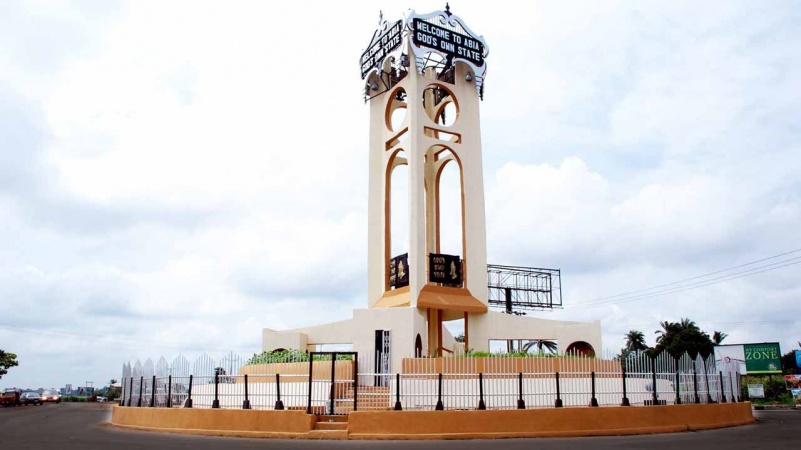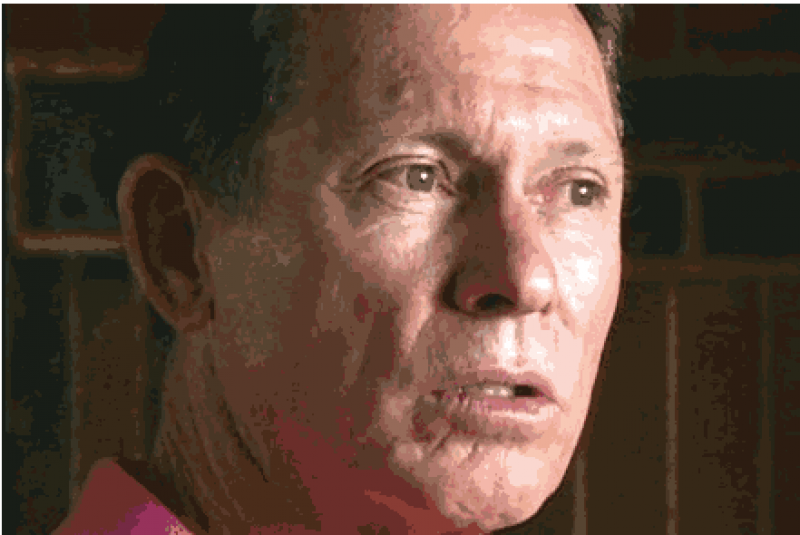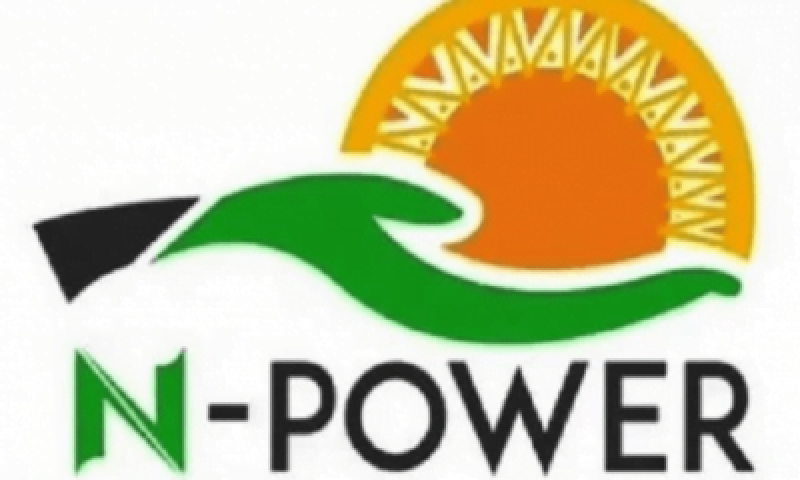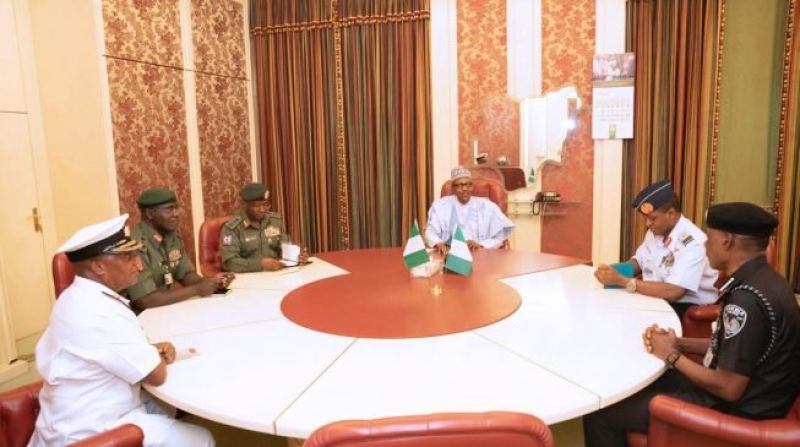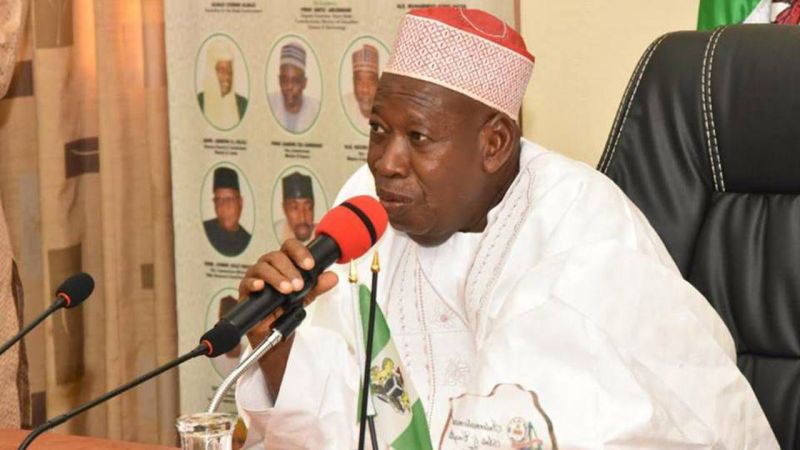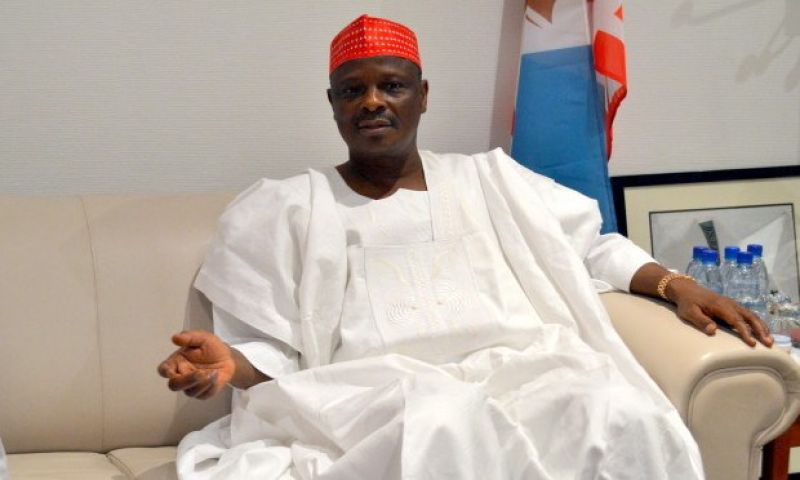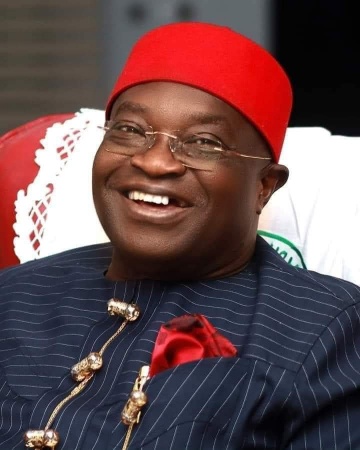Steady electricity for Nigerians in 6 months or less
Posted by Afam B. C. Nnaji | 10 years ago | 3,163 times
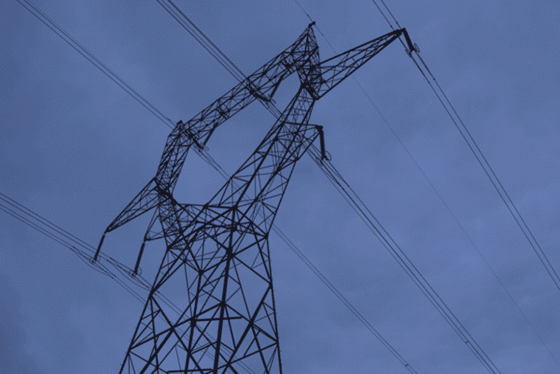
I must warn you before hand that you may find most of my positions unbelievable and may be tempted to dismiss them but trust me they are tested, trusted, workable and proven technologies and policies that deliver on the promise of providing electricity to more people at a lower cost, less complex system and shorter time.
I am an alternative energy consultant based in Lagos and have been without a generator in my office since the beginning of 2005 depending only on an inverter (locally built) backup system and the same poor power supply we all talk about. Even without generating any electricity myself from say solar panels or wind turbines I have become energy sufficient considering the fact that I cannot even function without electricity as my primary business is software and database driven web applications development so would always require the pc to be on anytime I need to work with it.
Now to the issue of electricity generation and utilization I have the following points to make and will point out some examples you can relate with and immediately see the instant benefits without seeing a live system. Electricity, once generated will be used up immediately, stored (for example in the batteries) or wasted mostly as heat.
The cost of electricity is dependent on the cost of generation, transmission and distribution plus profit the power provider must make on the side of the electricity provider and of course these costs will be borne by the electricity user in the final analysis based on the total electricity the end user consumes. This means that some people would always pay more or less for electricity based on the electricity they consume. How can the FG generate electricity cheaply, transmit same reliably and distribute to end users cost effectively?
How can the FG generate enough to go round in such a short time for example in 6 months? To answer this question we must forget about what we all know to be the norm and look at this issue from a simple, workable and easy to implement strategy that cannot fail. Renewable energy, energy efficiency and distributed energy generation all work together to make this happen. Renewable energy: From wind to solar energy and biomass the story is the same.
Non hydrocarbon based energy generation is real and reliable too. However, these should be seen as augmenting what we already have instead of replacing them completely.
Energy efficiency: Why use a 100W incandescent bulb for lighting when a 5W or 10W energy saving bulb can provide the same illumination? Every single power hungry electronic or electrical appliance out there has an energy efficient alternative based on digital signal processing based technology that reduces the energy requirements of these appliances while delivering even better performance.
Some have argued that the FG or the relevant power generation should generate enough and let end users decide what they want to use instead of the FG telling them to use energy efficient appliances. That line of reasoning is faulty because everyone takes from a common pool and the problem is a national problem that needs to be tackled.
A strong energy efficiency policy can enforce the use of energy efficient electrical and electronic appliances in Nigeria. Australia gave a deadline which I believe ended in 2009 or 2010 about the use of the regular incandescent bulbs and they mandated the citizens to switch to energy saving bulbs. Ghana once traded 4 energy saving bulbs for a single incandescent bulb in a bid to address the energy problem.
Distributed energy generation: Instead of waiting for the FG or a central energy company to generate electricity the fastest way to achieve energy sufficiency is to encourage distributed energy generation where end users like homes and offices can generate on site electricity they need using renewable energy sources like wind or solar while selling the excess they cannot use back to the transmission lines through the concept of net metering.
This is not just a concept as most developed nations subsidize renewable energy generators and encourage end users to generate electricity at their homes or offices especially where the cost of sending electricity to the remote locations don’t make economic sense.
Let me state here that energy is a moving target and the only sure way to address the problem is to drive towards reduction in energy requirements through the use of energy efficient technologies that result in lower costs whether on the part of electricity generators or end users paying for electricity utilized.
Whatever the current estimate is today as regards the energy need in Nigeria a strong energy efficiency policy would crash that requirement to a lower estimate which naturally would be cheaper to generate in a shorter time and we will end up having a more reliable and stable system in terms of supervision and monitoring.
Support for distributed energy generation would ensure that energy could be generated right there on site where they are mostly needed and any excess energy generated could be sold back to the national grid thereby increasing the availability of electricity on the grid for those that may not be able to generate theirs for any reasons whatsoever.
We do not have to make the same mistakes the developed world made since the paradigm shift towards energy conservation and efficiency is happening at a time we are yet to fully address our energy needs so we can take advantage of the current trends that are cheaper and more reliable than to continue to do what others did in the past and are trying to reverse their approaches to sustainable renewable distributed energy generation based systems.
In conclusion, Germany through the use of distributed energy generation is about generating more than the country needs right now and they are trying to even discourage people from generating more energy by reducing the initial subsidies the end users were given.
So, we have a country (developed one for that matter) about surpassing its energy requirements while in Nigeria in spite of the abundant natural resources that are easily very reliable sources of electricity generation is bent on traveling the same expensive and less reliable route of electricity generation. Focus on renewable energy, strong energy efficiency policy and support for distributed energy generation can guarantee stable power supply to Nigerians in 6 months based on proven simple concepts.
However, I understand that this is a tough call and would be met with a lot of resistance by many groups based on their own selfish interests but again anyone that wants to really tackle this problem once and for all would go the whole way and make it happen. It is really not a big problem and it is solvable.
Readers Comments
comment(s)
No comments yet. Be the first to post comment.
